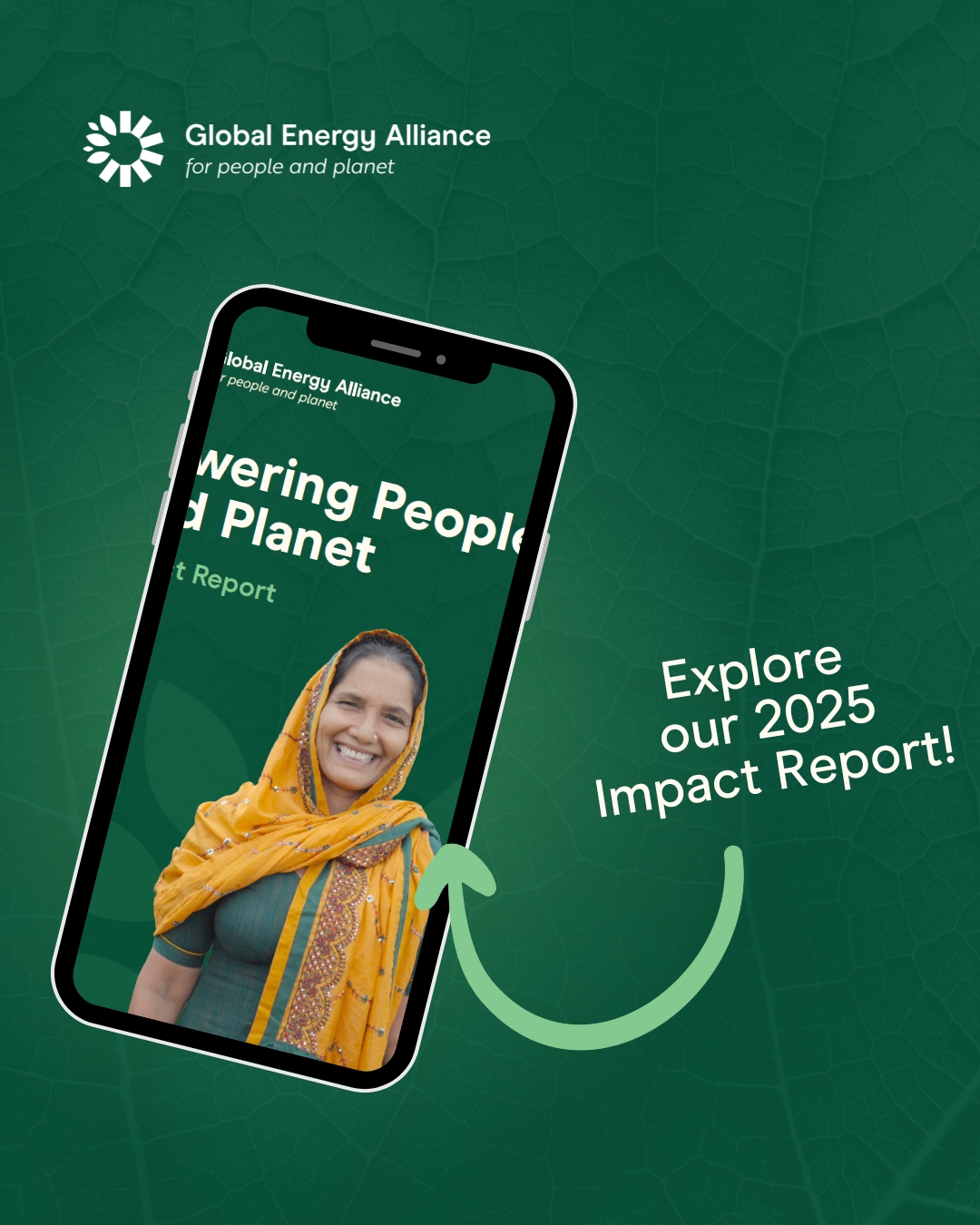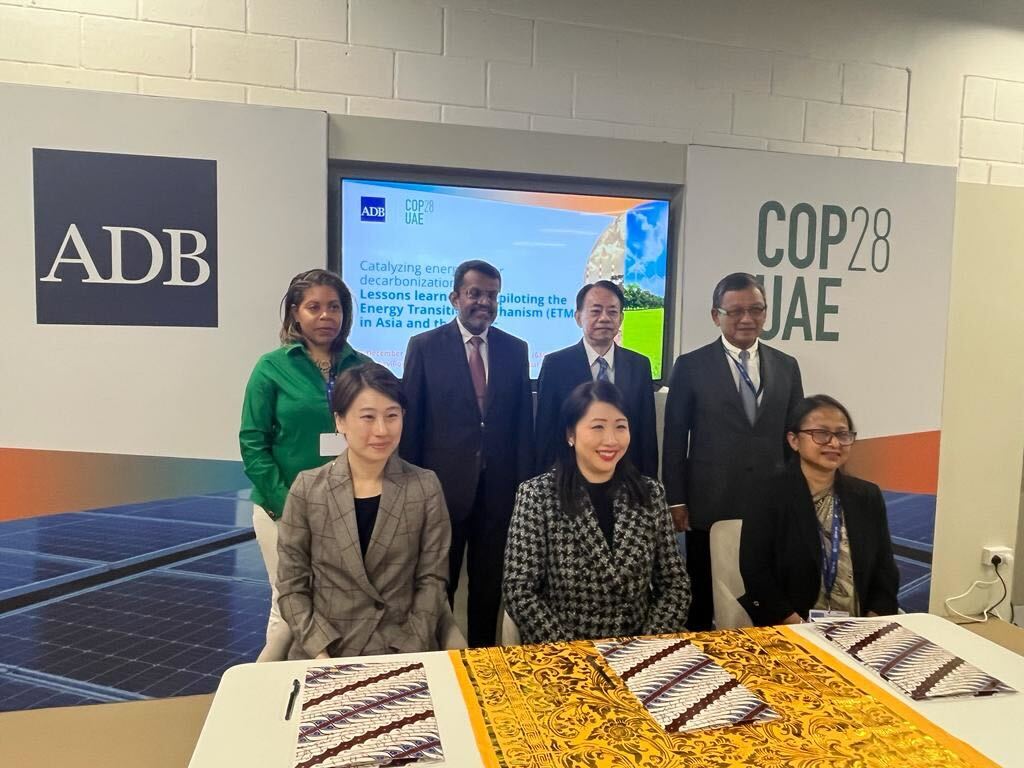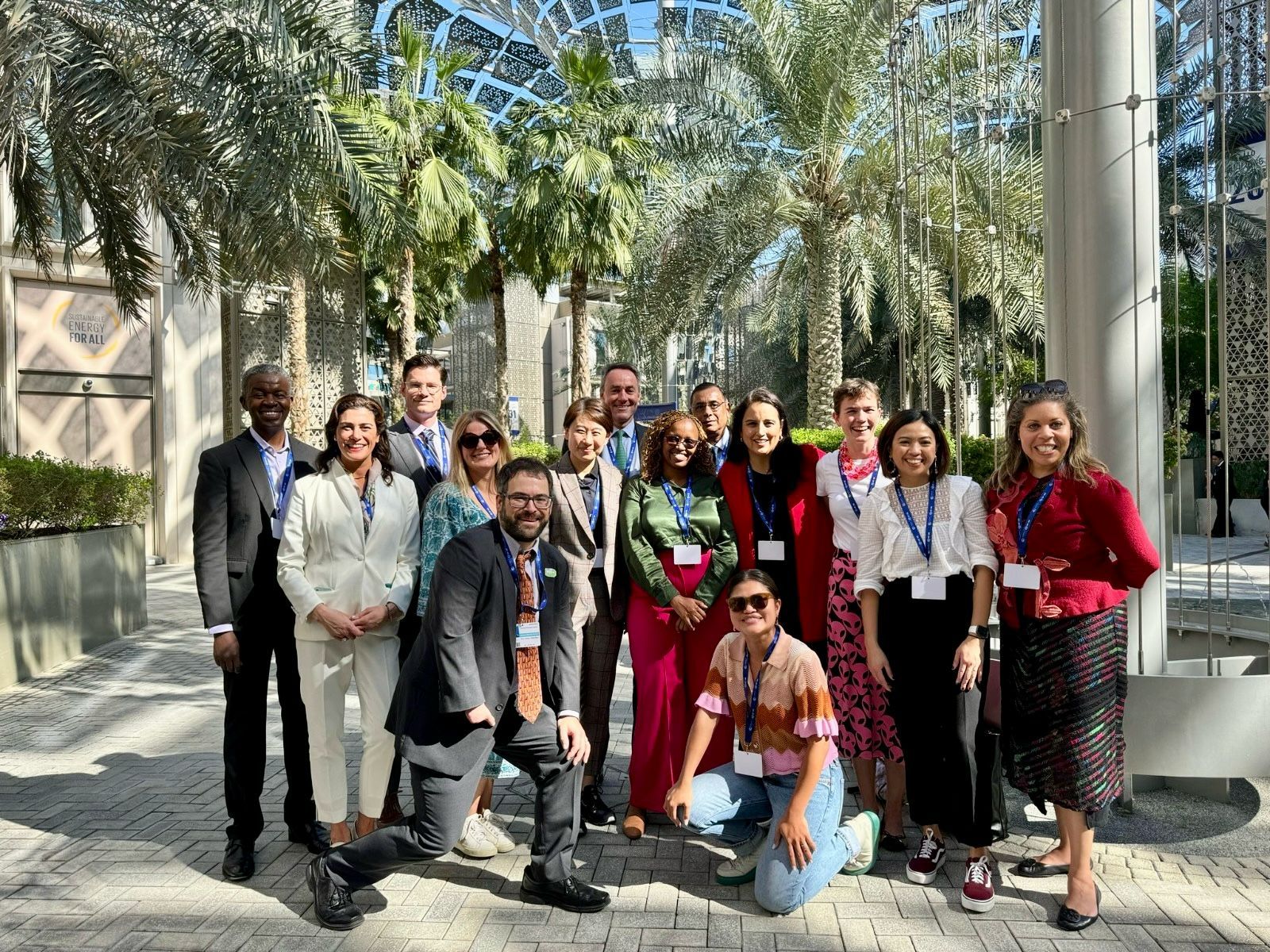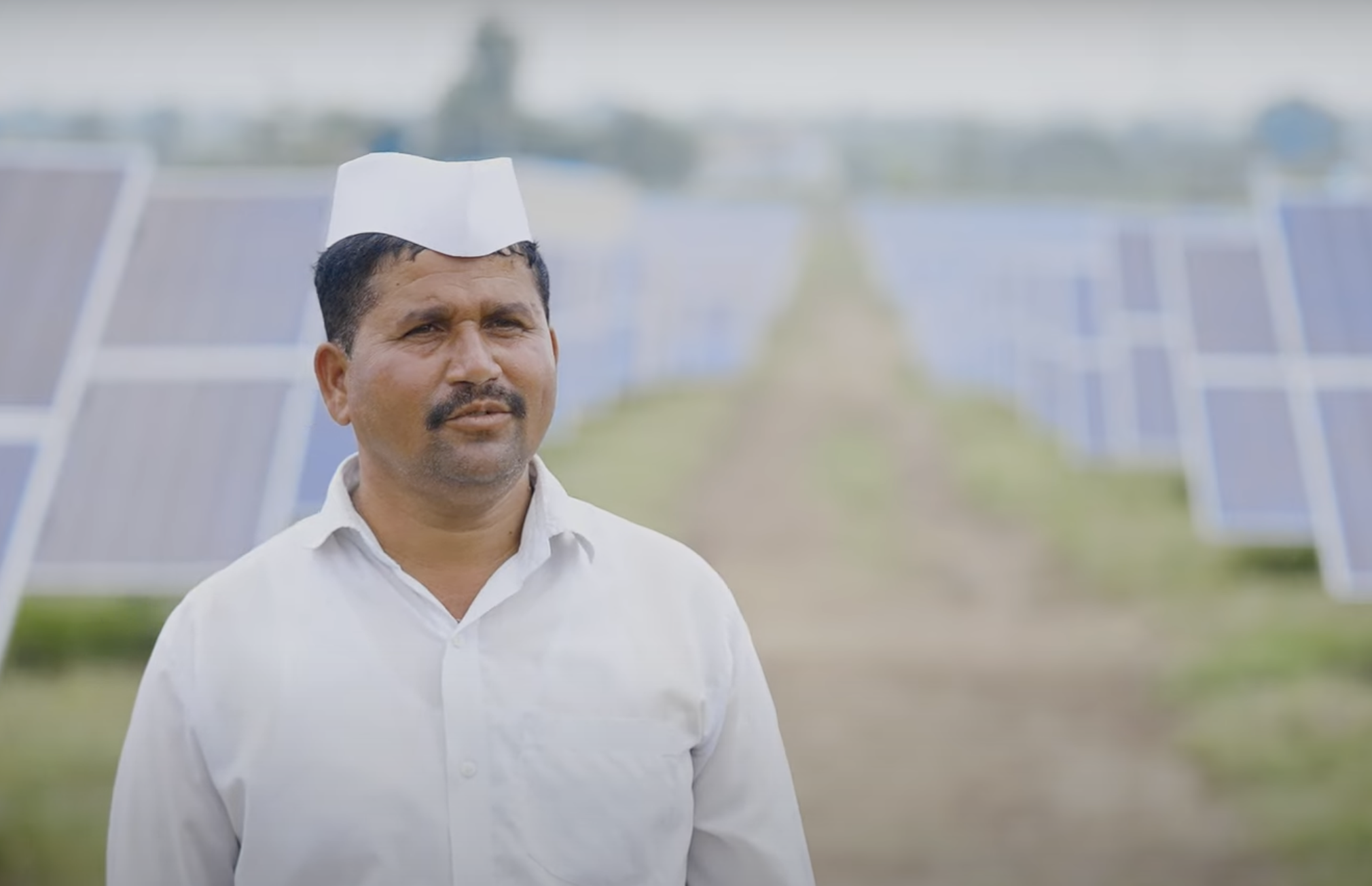
People-Powered Energy Transition in India
At COP26, India committed to reach net zero emissions by 2070 with a plan to draw 50% of its electricity from renewable energy sources by 2030. The transition to green energy is fundamental to this.
India’s green energy story is characterised by two aspects. The first, a growing reputation for innovation and experimentation, with India increasingly viewed as a lab for the world. The second, a comprehensive energy transition roadmap combining various initiatives including solar power expansion, electric vehicle (EV) adoption, and grid utility modernisation.
GEAPP has been working with Alliance partners in India since 2022. GEAPP’s global operating model is designed to help India’s technological advances spread beyond its borders; while our focus on the people aspect of the India energy transition echoes GEAPP’s work in South Africa, Vietnam and Indonesia.
2030 Targets

Jobs enabled through GEAPP interventions

Renewable capacity for people and businesses

Finance to be unlocked with GEAPP’s catalytic funding
The current GEAPP project portfolio in India spans a variety of activities. These include:
- Boosting economic productivity by installing rooftop solar and mini grids. Projections indicate that within the next 3-5 years there is the potential to achieve 100GW of solar panel manufacturing capacity, a milestone that would make India self-sufficient and generate employment opportunities for millions. GEAPP is championing solar initiatives in the states of Odisha, Uttar Pradesh and Bihar. The goal is to roll out 1GW over the next three years, supporting 40,000 small businesses and 20,000 farmers. A Risk Guarantee Tool using GEAPP’s high-risk catalytic funding will help renewable energy companies get contracts and service agreements in place.
- Partnering with the State of Maharashtra to scale jobs in the solar energy segment by enabling the implementation of 1GW of solar projects. The initiative with MAHAPRIET2 covers 500MW of rooftop solar, and 500MW of ground-mounted decentralised solar to benefit 100,000 farmers over the next two years, bring an investment of $305 million, and reduce CO2 emissions by 400,000 tonnes annually. The Maharashtra government recently acknowledged the critical and innovative role GEAPP plays in filling gaps in solar project provision, for example, with land aggregation.
- Funding support and mentorship in the start-up venture community to boost India’s growing clean energy industry. Understanding that raising money for Seed and Series A rounds is difficult, GEAPP has set up ENTICE – Energy Transitions Innovation Challenge. Start-up businesses in areas including battery storage, decentralised renewables, and distribution company reform, submit proposals for consideration by a seven-member jury. Successful entrants receive funding from a $10 million fund, plus technical support.
- Facilitating the first wave of Battery Energy Storage Systems (BESS) in collaboration with India’s distribution utilities to improve grid reliability and quality. This is important because India’s upstream policy push for renewable energy – expected to increase by over 250% by 2030 – creates capacity challenges for the existing grid infrastructure. As part of a 40MWh pilot in New Delhi, GEAPP provides policy support at state level and trains utilities and developers how to upskill local talent. GEAPP also supplies concessional finance to get pilot projects off the ground, working with the regulator to ensure battery systems are properly monetised to enable a viable business case. The objective is to create a scalable pathway for 1GW storage projects by 2026 with further project pipeline and financing support by Alliance partners.
- Fostering multi-country collaboration to improve energy efficiency with the launch of a platform to strengthen collaboration between India and others, including Nigeria, Indonesia, and Vietnam. Stakeholders share experiences and identify solutions in sectors such as steel, automotive and power, drawing on India’s experience in energy efficiency policy and regulation.
- In November 2023, India will host as part of its G20 agenda the Global Energy Transition Dialogues, a global event created by GEAPP to help further a people-positive energy transition; offering an opportunity for India to showcase green energy progress and develop multi-stakeholder actions.
- Working with the Rocky Mountain Institute (RMI) on research and implementation efforts to support decentralised renewable energy solutions like rooftop solar and the adoption of electric vehicles by creating EV charging stations across India.
Securing an inclusive energy solution for the millions of Indians who lack access to reliable and high-quality electricity is an opportunity to show the true power of the green energy transition.
GEAPP will continue to support the Indian Government’s ambitious goals and drive for innovation, understanding that progress made in India can benefit the other emerging economies of the world.



